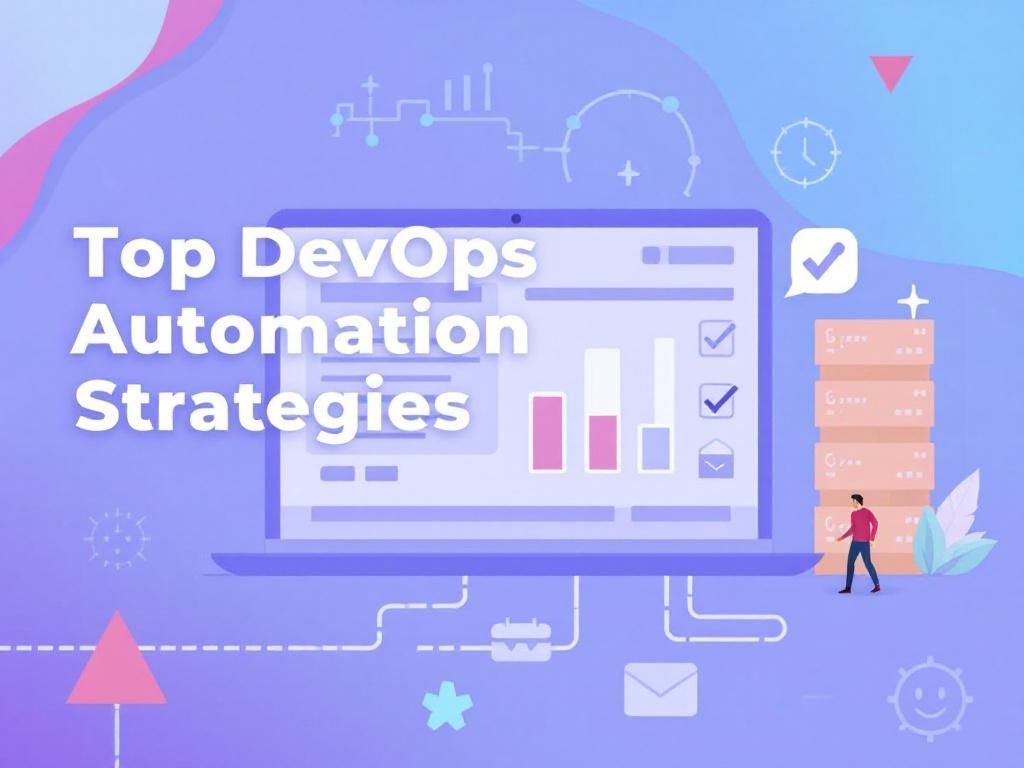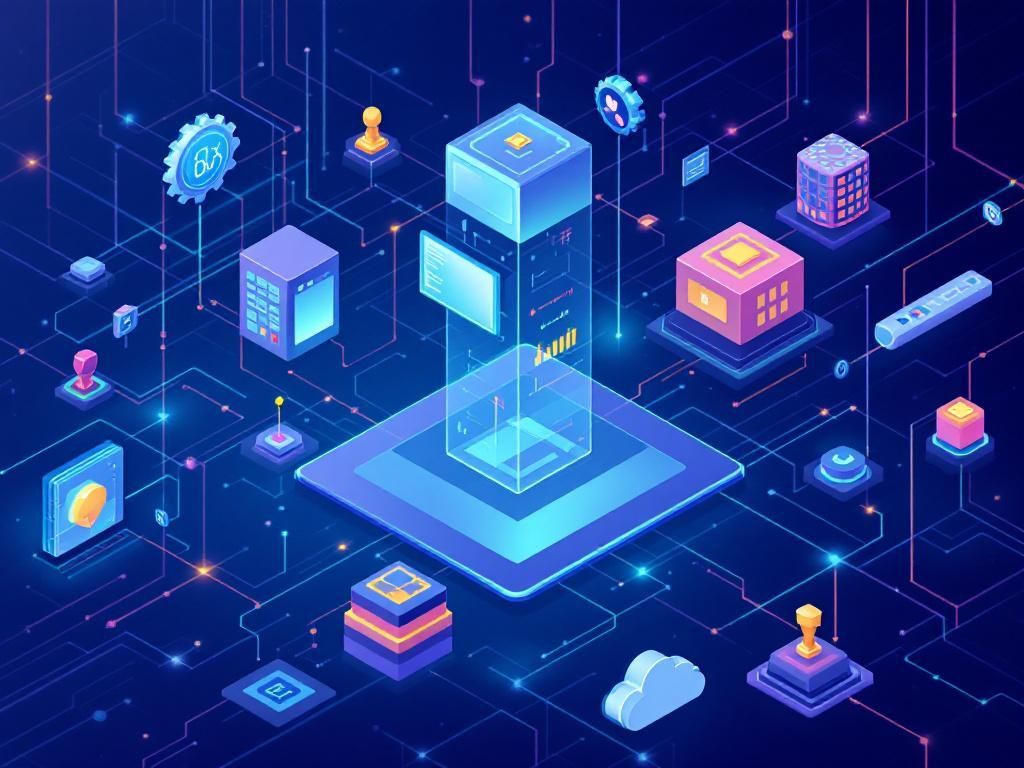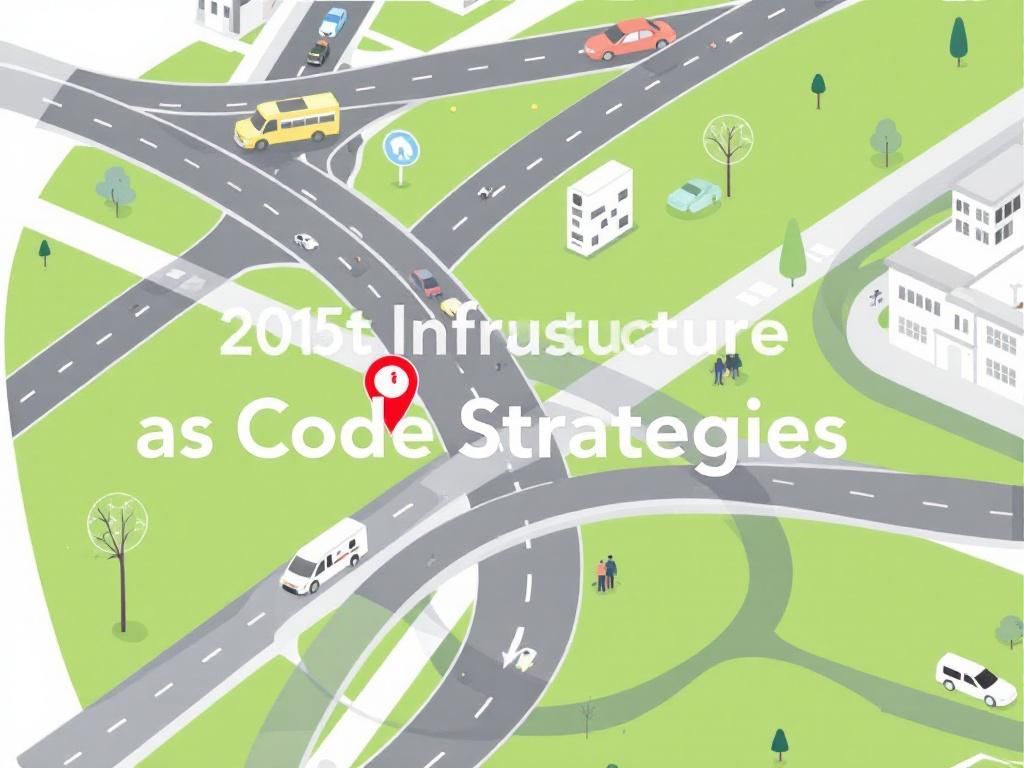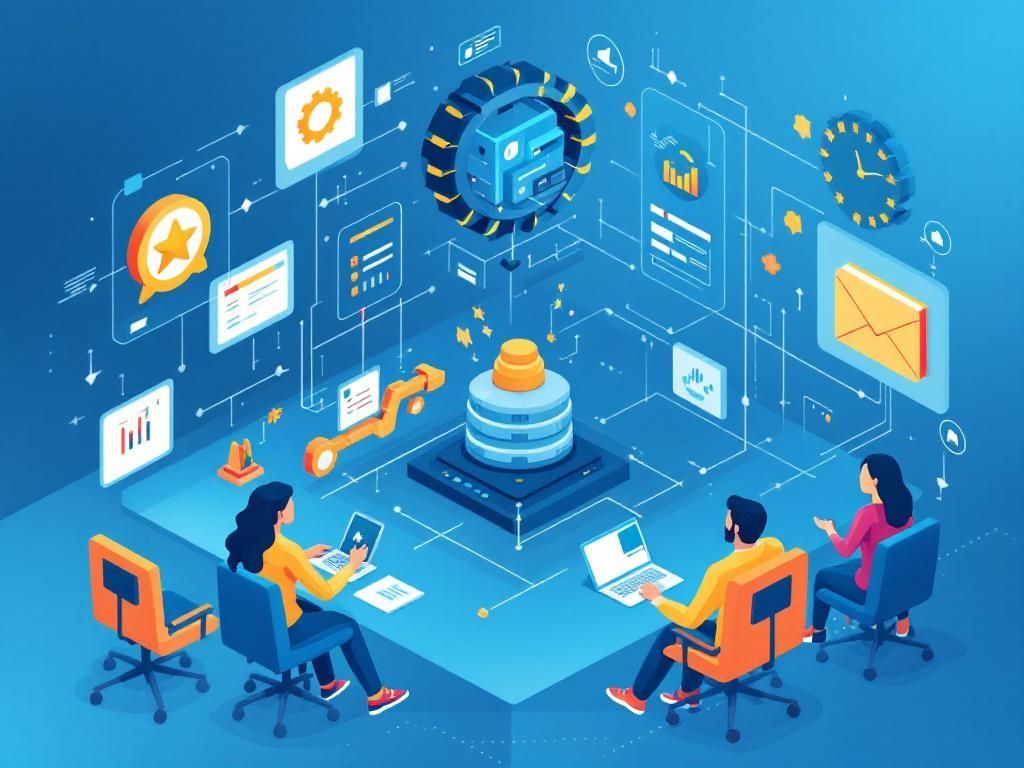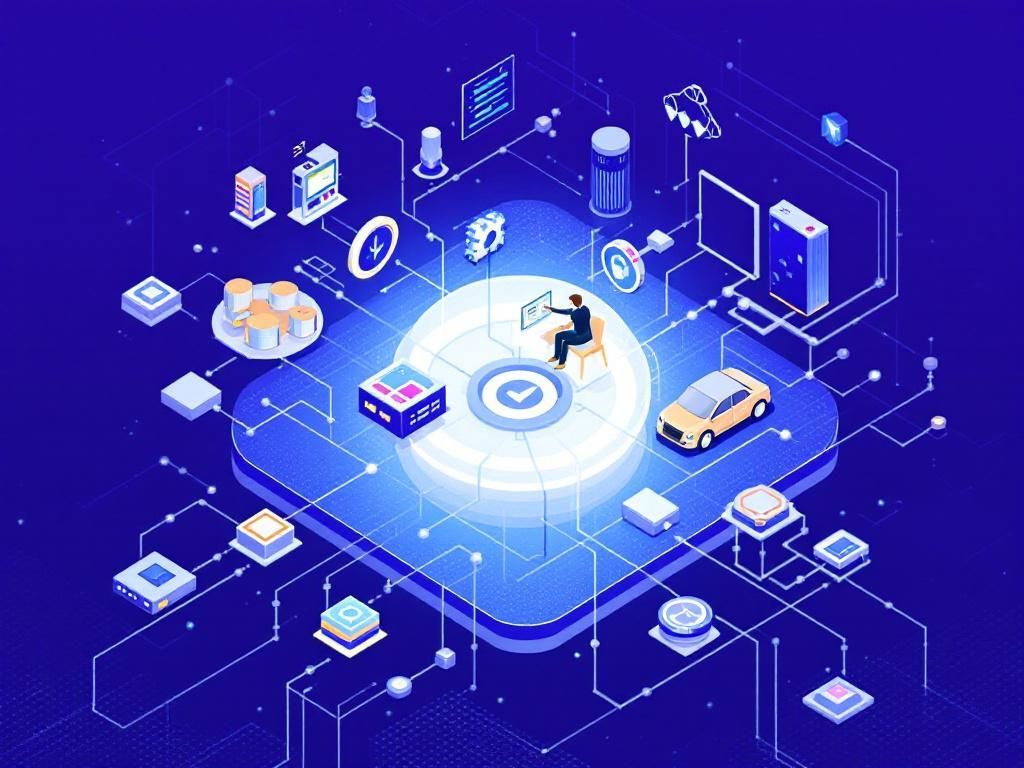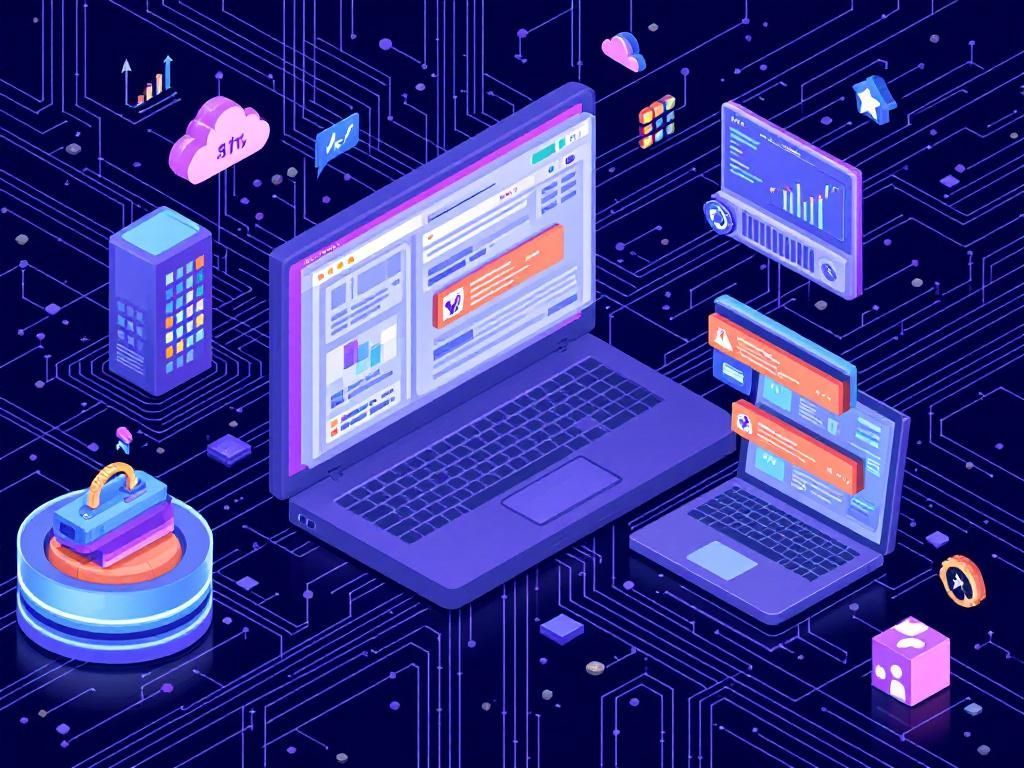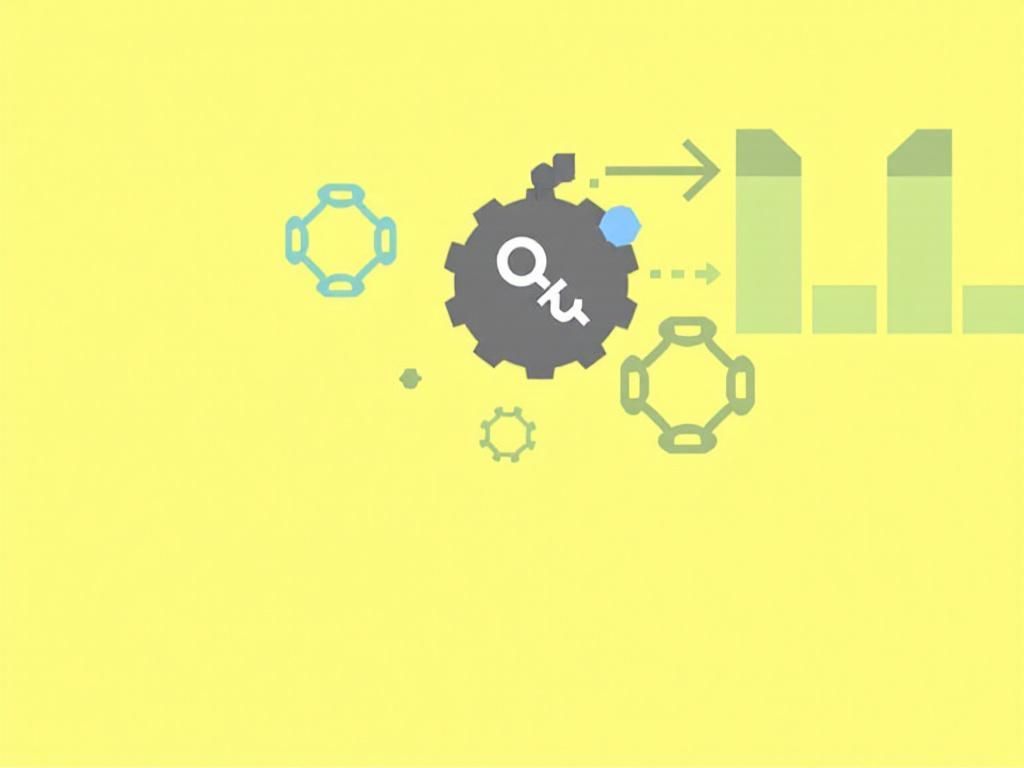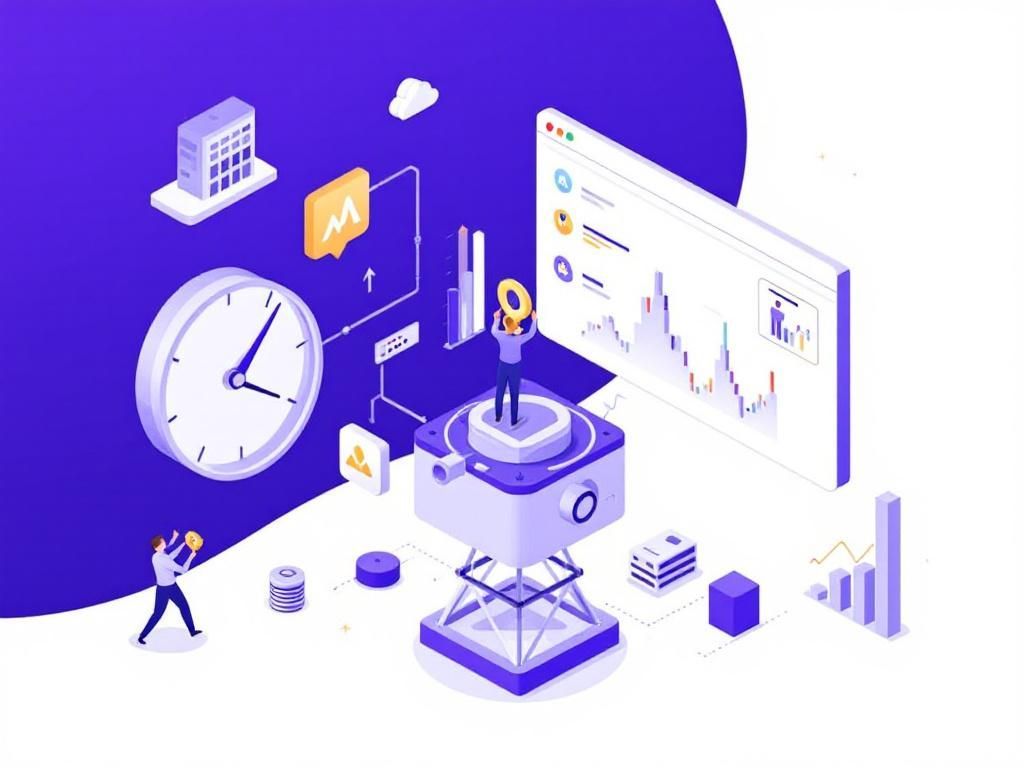As technology continues to evolve at a rapid pace, the landscape of DevOps is also undergoing significant transformations. With the increasing complexity of software delivery, organizations are looking for innovative automation strategies to streamline their operations, enhance collaboration, and accelerate delivery cycles. By 2025, the importance of effective automation in DevOps will be paramount, allowing teams to focus on higher-value tasks and improve overall productivity. This article explores the top DevOps automation strategies that will shape the future of software development and operations.
Table of Contents
Understanding the Core of DevOps Automation
At its heart, DevOps is about bridging the gap between development and operations teams, fostering a culture of collaboration and continuous improvement. Automation plays a crucial role in achieving this goal by enabling more efficient workflows and reducing manual interventions. Below are some foundational elements of DevOps automation:
- Continuous Integration/Continuous Deployment (CI/CD): Automating the integration and deployment processes ensures that code changes are automatically tested and deployed, minimizing the chances of human error.
- Infrastructure as Code (IaC): Managing infrastructure through code, allowing teams to provision and manage servers quickly and reliably.
- Automated Testing: Implementing automated testing frameworks to ensure code quality and functionality before deployment.
- Monitoring and Feedback Loops: Establishing automated monitoring systems for real-time feedback on application performance and user experience.
Key Automation Strategies for 2025
As organizations prepare for the future, several automation strategies will become essential. Here, we delve into these strategies that can help teams stay ahead of the curve:
1. Embracing Artificial Intelligence and Machine Learning
AI and machine learning technologies are increasingly being integrated into DevOps processes to enhance automation. These technologies can help in:
- Predictive Analytics: Analyzing historical data to predict potential challenges in the software lifecycle.
- Automated Incident Response: AI can assess incidents and suggest resolutions based on historical data, significantly reducing downtime.
- Quality Assurance: Machine learning algorithms can identify patterns in code quality and suggest improvements or automatically fix bugs.
2. Implementing GitOps Practices
GitOps is an operational framework that uses Git as a single source of truth for declarative infrastructure and applications. Key benefits include:
- Simplified Deployment: Changes can be made in Git, triggering automatic deployments across environments.
- Version Control: Full version history for every change allows for easier rollbacks and audits.
- Enhanced Collaboration: Development and operations teams can collaborate more effectively using familiar Git workflows.
3. Leveraging Containers and Orchestration Tools
Containers have revolutionized application deployment, providing portability and consistency across environments. When paired with orchestration tools like Kubernetes, they offer:
| Benefit | Description |
|---|---|
| Scalability | Easily scale applications up or down based on demand. |
| Resource Efficiency | Optimize resource usage through automated provisioning and scaling. |
| Isolation | Run multiple applications on the same infrastructure without conflicts. |
4. Automating Security with DevSecOps
Incorporating security practices early in the development process is critical. DevSecOps integrates security automation into the CI/CD pipeline, ensuring:
- Early Vulnerability Detection: Security tools that run automatically with every build can catch vulnerabilities before they escalate.
- Compliance Automation: Streamlined processes to enforce compliance with regulatory standards.
- Automated Security Testing: Implementing security testing frameworks that automatically assess code vulnerabilities.
Building a Culture of Automation
For automation to be effective, organizations must foster a culture that embraces change and innovation. Here are some best practices to cultivate such a culture:
1. Encourage Continuous Learning
Provide opportunities for team members to learn about new tools and technologies through:
- Workshops and training sessions
- Access to online courses
- Participation in conferences and meetups
2. Promote Collaboration Across Teams
Ensure that development, operations, and security teams work together by:
- Implementing cross-functional teams
- Incorporating collaborative tools like Slack or Microsoft Teams
- Regularly scheduling joint meetings to share knowledge
3. Measure and Celebrate Success
Establish metrics to evaluate the success of automation initiatives. Metrics to consider include:
- Deployment frequency
- Change failure rate
- Mean time to recovery (MTTR)
Celebrate milestones to motivate teams and acknowledge their hard work.
Conclusion
As we move toward 2025, the strategies for DevOps automation will continue to evolve. By embracing emerging technologies such as AI, GitOps, containerization, and DevSecOps, organizations can not only enhance their software delivery processes but also foster a culture of collaboration and continuous improvement. The future of DevOps is bright, and those who adapt will thrive in an ever-changing digital landscape.
FAQ
What are the top DevOps automation strategies for 2025?
The top DevOps automation strategies for 2025 include implementing AI-driven automation tools, enhancing CI/CD pipelines, adopting Infrastructure as Code (IaC), integrating security automation, and utilizing container orchestration for better scalability.
How can AI improve DevOps automation in 2025?
AI can improve DevOps automation in 2025 by providing predictive analytics for performance monitoring, automating routine tasks, and enhancing decision-making through intelligent insights that help teams respond faster to issues.
What role does Infrastructure as Code (IaC) play in DevOps automation?
Infrastructure as Code (IaC) plays a crucial role in DevOps automation by allowing teams to manage and provision infrastructure through code, enabling consistency, reducing manual errors, and facilitating faster deployments.
Why is security automation important in DevOps?
Security automation is important in DevOps as it helps to integrate security practices into the development process, ensuring vulnerabilities are identified and mitigated early, resulting in more secure applications and compliance with regulations.
What are the benefits of using container orchestration in DevOps?
The benefits of using container orchestration in DevOps include improved resource utilization, simplified management of microservices, automated scaling and load balancing, and enhanced resilience and reliability of applications.
How can organizations prepare for DevOps automation trends in 2025?
Organizations can prepare for DevOps automation trends in 2025 by investing in training for their teams, adopting modern tools and technologies, fostering a culture of collaboration between development and operations, and continuously evaluating their processes for improvement.

